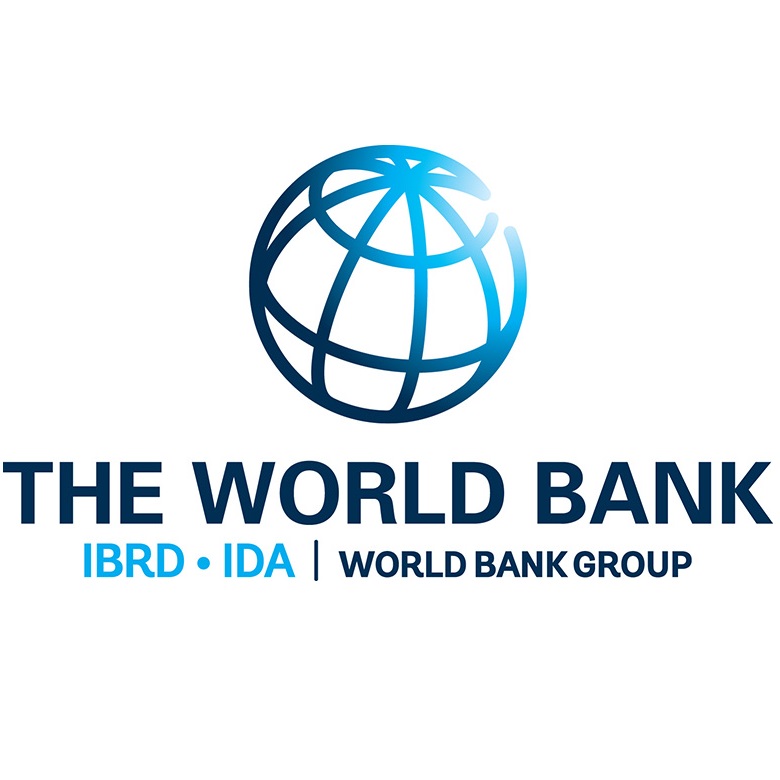Survey of Syrian Refugees and Host Communities, 2015-2016
Jordan, 2015 - 2016
Get MicrodataIdentification
WBG_JOR_2015_SRHCS_v01_M
Survey of Syrian Refugees and Host Communities, 2015-2016
| Name | Country code |
|---|---|
| Jordan | [jor] |
The Syrian crisis has caused one of the largest episodes of forced displacement since World War II and some of the densest refugee-hosting situations in modern history. Syria's immediate neighbors host the bulk of Syrian refugees. The host countries were dealing with impact of inflow of refugees as well as consequences of the Syrian conflict such as disruption on trade and economic activity and growth and spread of the Islamic State. This survey was designed to generate comparable findings on the lives and livelihoods of Syrian refugees and host communities in Jordan, Lebanon and Kurdistan, Iraq.
The goals of the survey originally were:
- to assess the socio-economic and living conditions of a representative sample of the Syrian refugee and host community population.
- to understand the implications in terms of social and economic conditions on the host communities.
- to identify strategies to support Syrian refugees and host communities in the immediate and longer term.
Sample survey data [ssd]
Refugee household and individual
Scope
The survey covered the following topics demographics, employment, access to public services, health, migration, and perceptions.
- Roster
- Dwellings
- Services
- Assets
- Sources of income
- Sources of assistance
- Income shocks
- Prices
- Food security
- Health access
- School access
- Movements
- Current labor screener
- Current unemployment
- Current wage job
- Retro labor screener
- Retro wage job
- Retro HH enterprise job
- Retrospective unemployment
- Norms and relations
- Conflicts
- Assessment of overall situation
Coverage
Syrian refugee and host community in Jordan
Producers and sponsors
| Name |
|---|
| World Bank |
Sampling
Jordan has carried out Population and Housing Censuses on regular intervals, with the last one in late 2015. What was particularly attractive about the latest census from the perspective of sampling was that it explicitly asked about the nationality of all residents. This would have allowed stratification of areas by density of Syrians. However, the original design could not be implemented because we could not access the new sample frame based on the 2015 Jordanian census. The design was then amended to include a representative sample of the Azraq and Za'atari camps (which account for the vast majority of Syrian refugees in camps in Jordan). This sample was complemented by purposive samples of the surrounding governorates, Mafraq and Zarqa, where the sample included areas physically proximate to the camp and other areas with a high number of Syrian refugees. In Amman Governorate, a purposive sample was drawn, combining a geographically distributed sample with a sample of areas with a high prevalence of Syrian refugees per the 2015 census, as indicated by the Jordanian Department of Statistics. Analytically, this implies the insights from Jordan will be limited to camp residents, neighboring areas of the camps, and Amman governorate. For this reason, Amman is left out of the rest of the discussion, where our focus is on relating the innovative approaches that we followed to obtain near-representative sample in absence of recent sampling frame.
Note: A more detailed description of the sample design is presented in Section 2 of "Survey Design and Sampling: A methodology note for the 2015-16 surveys of Syrian refugees and host communities in Jordan, Lebanon and Kurdistan, Iraq" document.
Survey instrument
The survey instrument was administered across Lebanon, Jordan, and KRI, with slight modifications depending on the structure of refugee living conditions. The survey includes detailed questions on demographics, employment, access to public services, health, migration, and perceptions.
Data collection
| Start | End |
|---|---|
| 2015 | 2016 |
Data Access
Use of the dataset must be acknowledged using a citation which would include:
- the Identification of the Primary Investigator
- the title of the survey (including country, acronym and year of implementation)
- the survey reference number
- the source and date of download
Disclaimer and copyrights
The user of the data acknowledges that the original collector of the data, the authorized distributor of the data, and the relevant funding agency bear no responsibility for use of the data or for interpretations or inferences based upon such uses.
Metadata production
DDI_WBG_JOR_2015_SRHCS_v01_M
| Name | Affiliation | Role |
|---|---|---|
| Development Economics Data Group | The World Bank | Documentation of the DDI |
Metadata version
Version 01 (May 2019)
